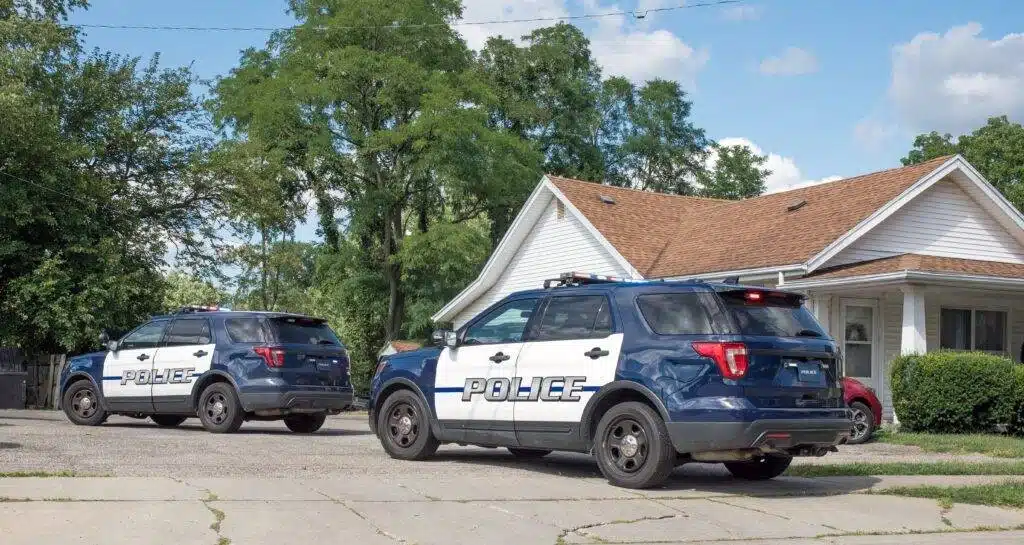There is no question that facing domestic violence charges in Denver is a daunting process, especially given the social stigma that surrounds these allegations. In this blog post, we will deep dive into what you can expect when you have been charged with domestic violence, shedding light on the legal process, potential consequences, and available defense strategies.
In the context of Colorado law, domestic violence occurs when someone commits abusive behaviors or acts of violence against an intimate partner, whether past or present. “Intimate relationships” are broadly defined and are based on romantic connection or shared parental status. This can include:
Domestic violence can manifest in many different forms, including physical abuse, emotional abuse, sexual abuse, economic abuse, and/or coercive control.
As explained above, domestic violence is a sentence enhancer rather than a standalone crime. The crimes that most commonly involve a DV enhancement include:
One of the immediate consequences of a domestic violence charge in Colorado is the issuance of a protection order against the accused individual. Also known as a restraining order, this legal order is issued by the court to protect the alleged victim from further harm. Protection orders bar the defendant from making contact with their accuser. Beyond this, the specifics of a protection order vary on a case-by-case basis.
Note that violating a protective order constitutes a class 1 misdemeanor, carrying penalties of up to a year in jail and up to $1,000 in fines. Although protection orders can be frustrating and upsetting, especially when children are involved, we highly recommend sticking to the parameters of the order, as failure to comply can hurt your case.
When it comes to domestic violence incidents, Colorado is a mandatory arrest state. This means that law enforcement officers are required to make an arrest if there is probable cause to believe that domestic violence has occurred.
Once a DV-related arrest has occurred, these cases are fast-tracked through the legal system, with expedited court procedures designed to address the immediate safety concerns of alleged victims and ensure a swift resolution.
If you are facing domestic violence allegations in the state of Colorado, it is crucial to find legal representation immediately. Expert Denver domestic violence lawyers can ensure that your rights are protected from the very start of your fast-tracked case.
In addition to criminal penalties such as fines, probation, and incarceration, individuals convicted of domestic violence may also face collateral consequences such as loss of firearm rights, mandatory completion of domestic violence offender treatment programs, and adverse immigration consequences for non-citizen defendants. See more information below.
Individuals with an active protection order against them in a domestic violence case are typically barred from possessing firearms or ammunition while the order is in effect. If you do own firearms, you must surrender them to law enforcement or another party for the duration of the case. Violating this stipulation can result in additional criminal charges and penalties.
Even if a criminal conviction is not obtained, alleged victims of domestic violence may still pursue civil lawsuits against the accused individual for damages arising from the abuse. Civil remedies such as restraining orders, orders for protection, and monetary compensation may be available to victims seeking legal recourse outside of the criminal justice system.
While the statute of limitations (aka the time an alleged victim has to sue the defendant) is six years, this time clock is “paused” if the victim has a mental health disorder or cannot acknowledge that the act of domestic violence occurred for emotional or psychological reasons.
Expert legal representation can help you navigate the complexities of the legal system with confidence and clarity. Some of the most common strategies that your lawyer may use in court include:
Ready to get started? Reach out to MBS Law today to schedule a FREE consultation and discuss the specifics of your case. Let us help you protect your rights and move forward with confidence.



